Tuesday, January 21
| 9:30 - 10:30 a.m. | "Coffee and Conversation," Social Committee, ***Cat Cavern*** NOTE CHANGE IN VENUE Come for coffee, pastries and conversation before our opening Spring term session. |
| 10:30 a.m. – 12:30 p.m. | "Salem-Keizer Music Program," Frank Spragg [Dru Johnson, Kasia Quillinan], ***Cat Cavern*** NOTE CHANGE IN VENUE
Over time I came to know that the district program was unusually good, but until I became inspired to write this book, I had little understanding of how good it has become and is without question the most effective music program in the State of Oregon and has acquired, to to some degree, a national reputation. The book took over three and one half years to assemble and includes nearly 150 interviews with over 100 people, as well as attending countless concerts and rehearsals. I hope to explain how effective the program has become and why good music programs are so important for the development of our young students. |
| 1:30 – 3:30 p.m. | "Comparative Religions Part Three: Folk Religions," Stan Vargas [Dru Johnson], ***Cat Cavern*** NOTE CHANGE IN VENUE
|
Thursday, January 23
| 10:30 a.m. - 12:30 p.m. | "The Biology and History of the Oldest Trees and Shrubs in the World," Bill Voelker [Dru Johnson], Kaneko Auditorium
|
| 1:30 - 3:30 p.m. | "Sing Like a Movement," Peter Bergel [Anne Bowden], Kaneko Auditorium
|
Tuesday, January 28
| 9:00 - 10:30 a.m. | Board Meeting, Kaneko 121 ICL Board Meeting. |
| 10:30 - 11:30 a.m. | "Video Presentation: Balakirev - Symphony No. 11 (1898)," Dr. Robert Greenburg [Solveig Holmquist], Kaneko Auditorium
|
| 11:30 a.m. – 12:30 p.m. | "Two of Moguchaya Kuchka ('the Five')," Solveig Holmquist [Solveig Holmquist], Kaneko Auditorium
|
| 1:30 – 3:30 p.m. | "Art and Periodization," Professor De Mambro Santos [Bob Muir], Kaneko Auditorium
|
Thursday, January 30
| 10:30 a.m.-12:30 p.m. | "Music Potpourri," Eunice Porter, Maureen Caudill, Ann Shaffer, Alice Sorensen, Steve Gram [Solveig Holmquist], Kaneko Auditorium Eunice Porter (2004) Cowboy Music; Maureen Caudill (2007) The Singing Revolution; Ann Shaffer (2014) Cecile McLoren Salvant, Jazz Artist; Alice Sorensen (2011) Mary Gauthier: Singer, Songwriter, Poet; Steve Gram (2019) will perform on the cello. |
| 1:30 - 3:30 p.m. | "Video Presentation: The Middle East - Regional Disorder," Great Decisions [Jeanette Flaming], Kaneko Auditorium
|


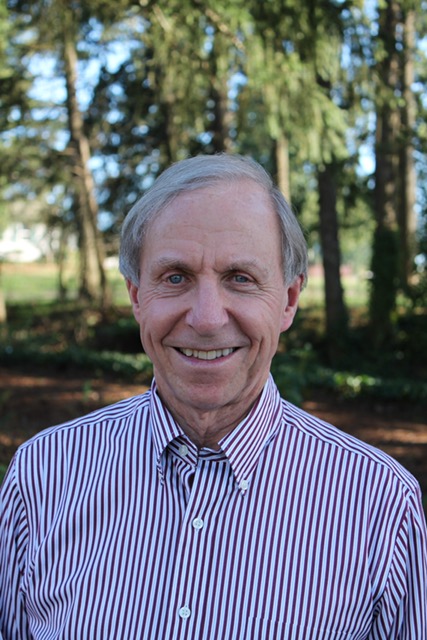
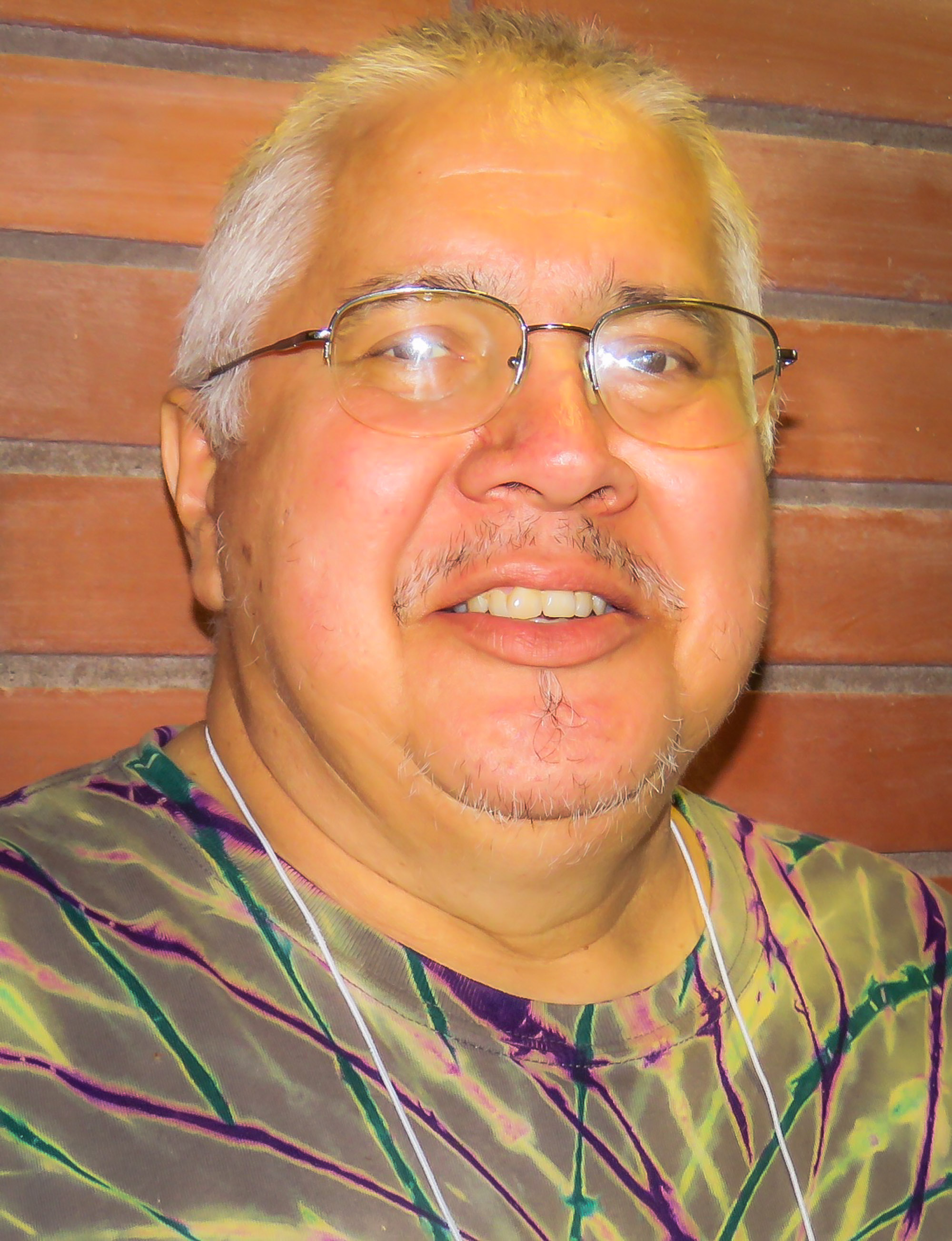 In this program, Dr. Vargas will finish the discussion of World Religions and continue on to discuss "Folk Religions" that are unique to a specific culture or region
In this program, Dr. Vargas will finish the discussion of World Religions and continue on to discuss "Folk Religions" that are unique to a specific culture or region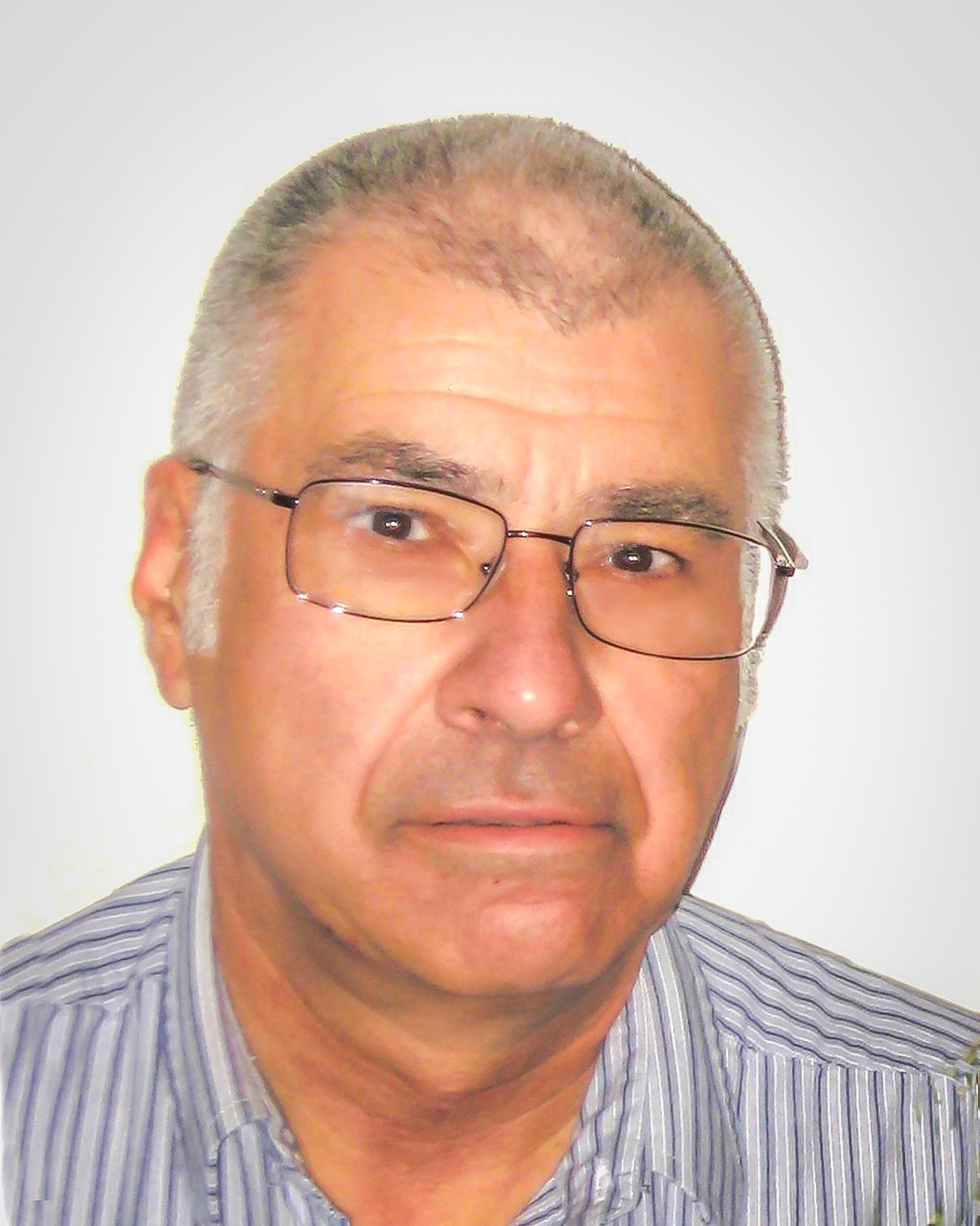 Some very old trees and shrubs, 800 to maybe 80,000 years old and still growing, still survive in many places in the western U.S. and around the world. Their existence challenges some conventional ideas about just what constitutes life and the definitions of individuals and life spans. Mr. Voelker will discuss some of these trees and shrubs, how they got to be that old, what they tell us about the past and what may eventually limit their lives.
Some very old trees and shrubs, 800 to maybe 80,000 years old and still growing, still survive in many places in the western U.S. and around the world. Their existence challenges some conventional ideas about just what constitutes life and the definitions of individuals and life spans. Mr. Voelker will discuss some of these trees and shrubs, how they got to be that old, what they tell us about the past and what may eventually limit their lives.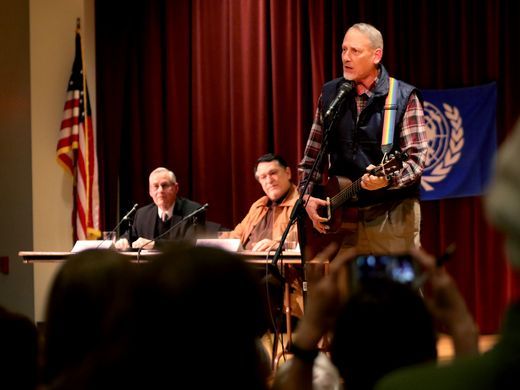 Peter proposes to offer more political movement songs, but instead of the theme being historical, these songs will be chosen for their humorous content. As before, he will sing the songs, accompanying himself on guitar, and will ask his talented friend Mark Babson to join him on violin and vocals. Of course, the audience will be invited to join in, singing the words that will be projected on the screen.
Peter proposes to offer more political movement songs, but instead of the theme being historical, these songs will be chosen for their humorous content. As before, he will sing the songs, accompanying himself on guitar, and will ask his talented friend Mark Babson to join him on violin and vocals. Of course, the audience will be invited to join in, singing the words that will be projected on the screen.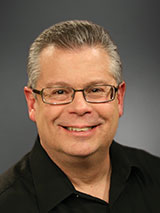
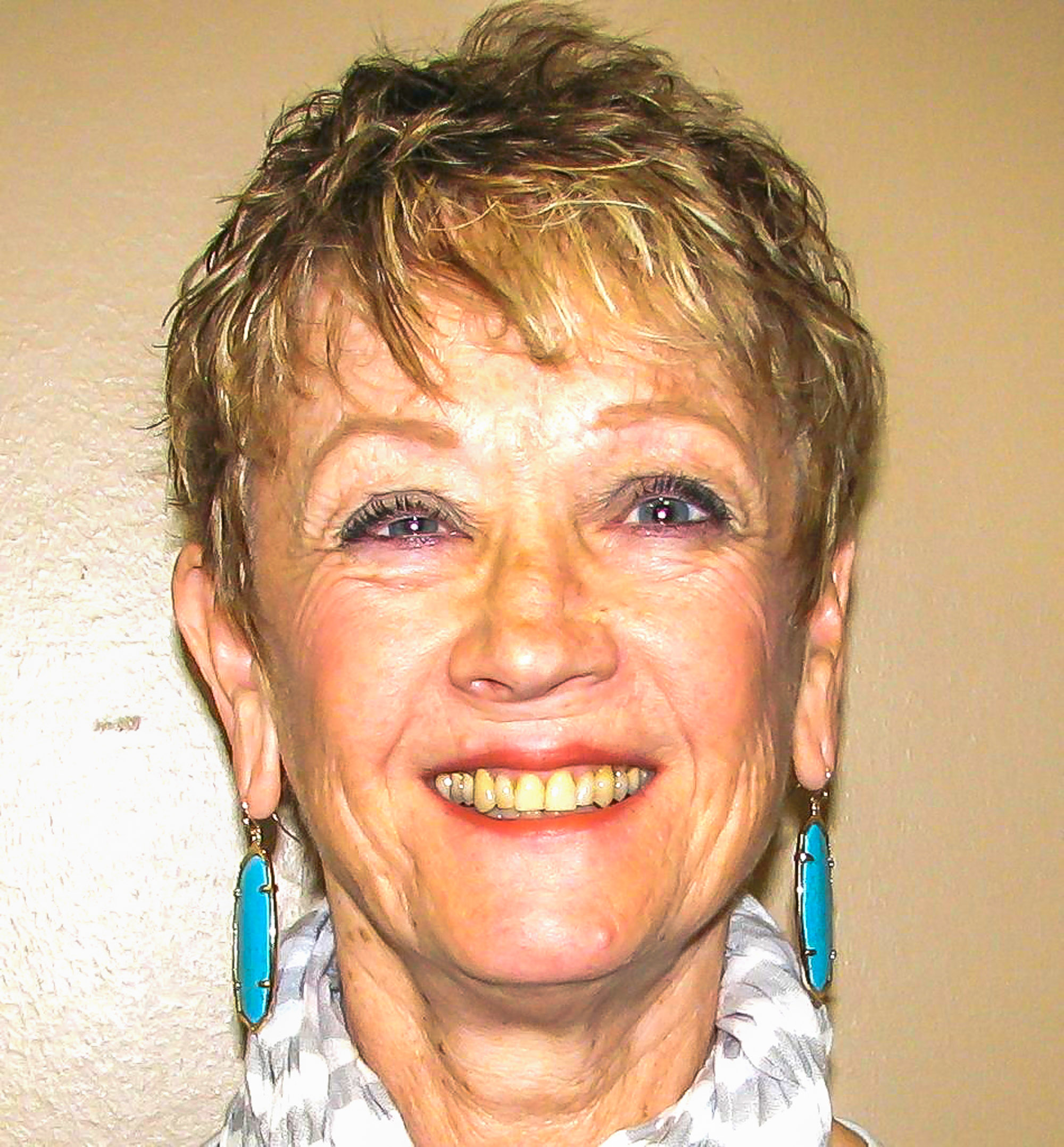
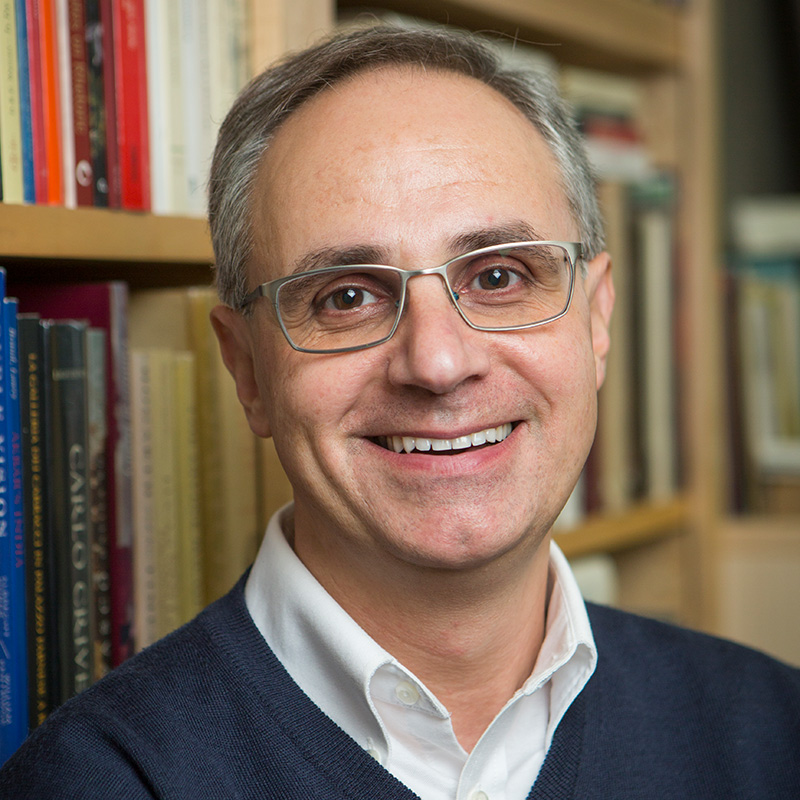 "Periods" in the history of Western art. How are they defined and by whom?
"Periods" in the history of Western art. How are they defined and by whom?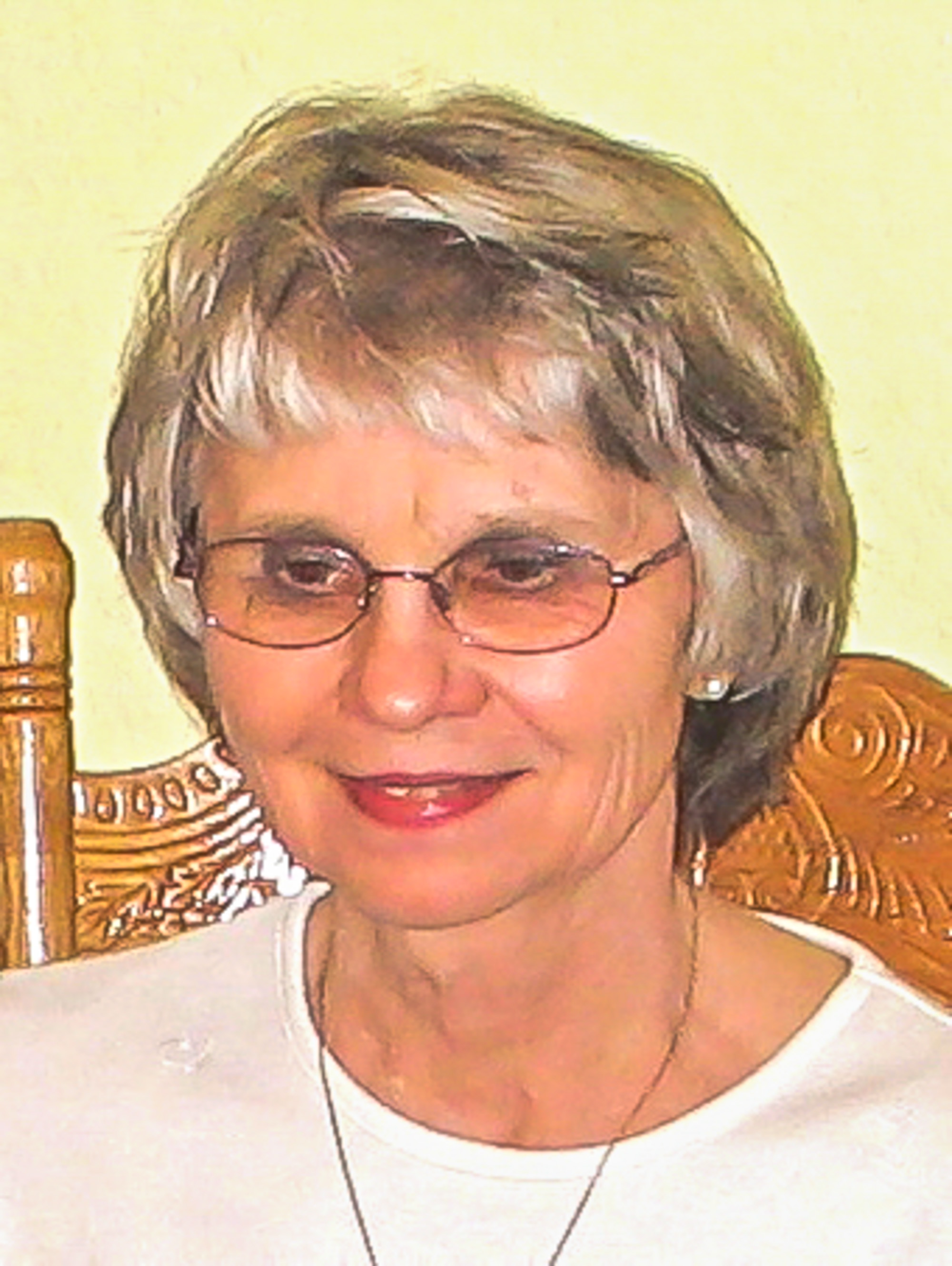
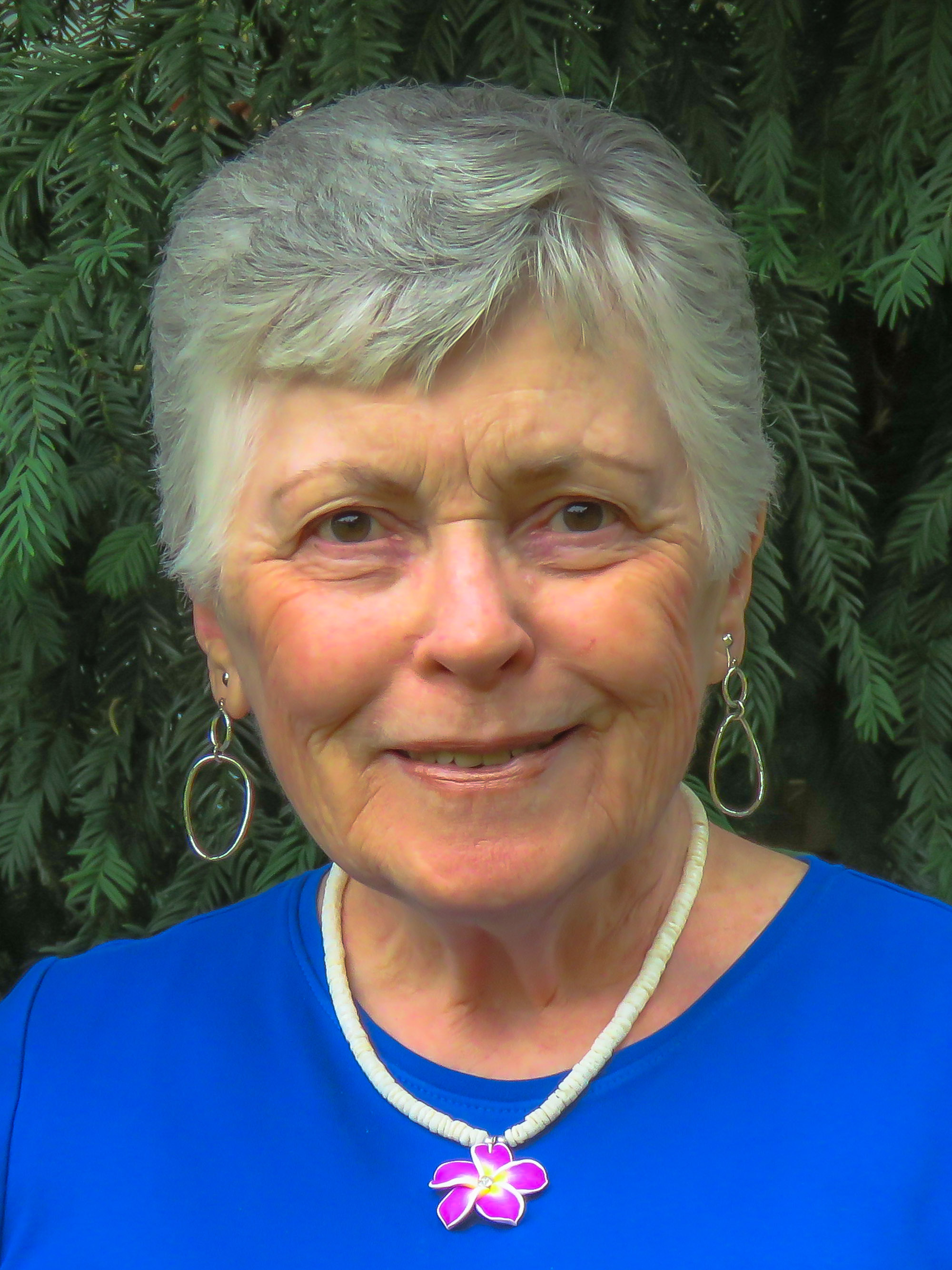
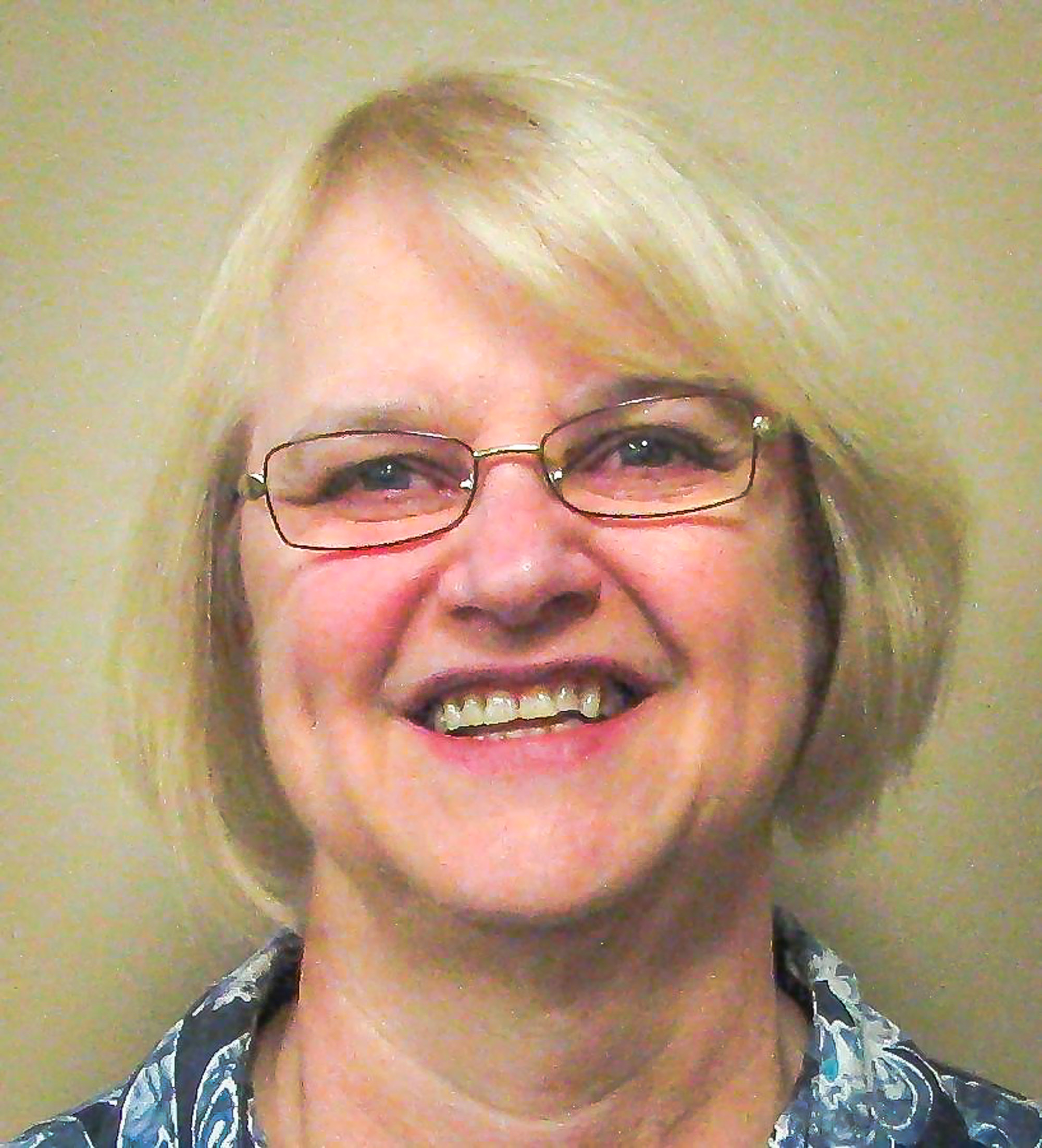
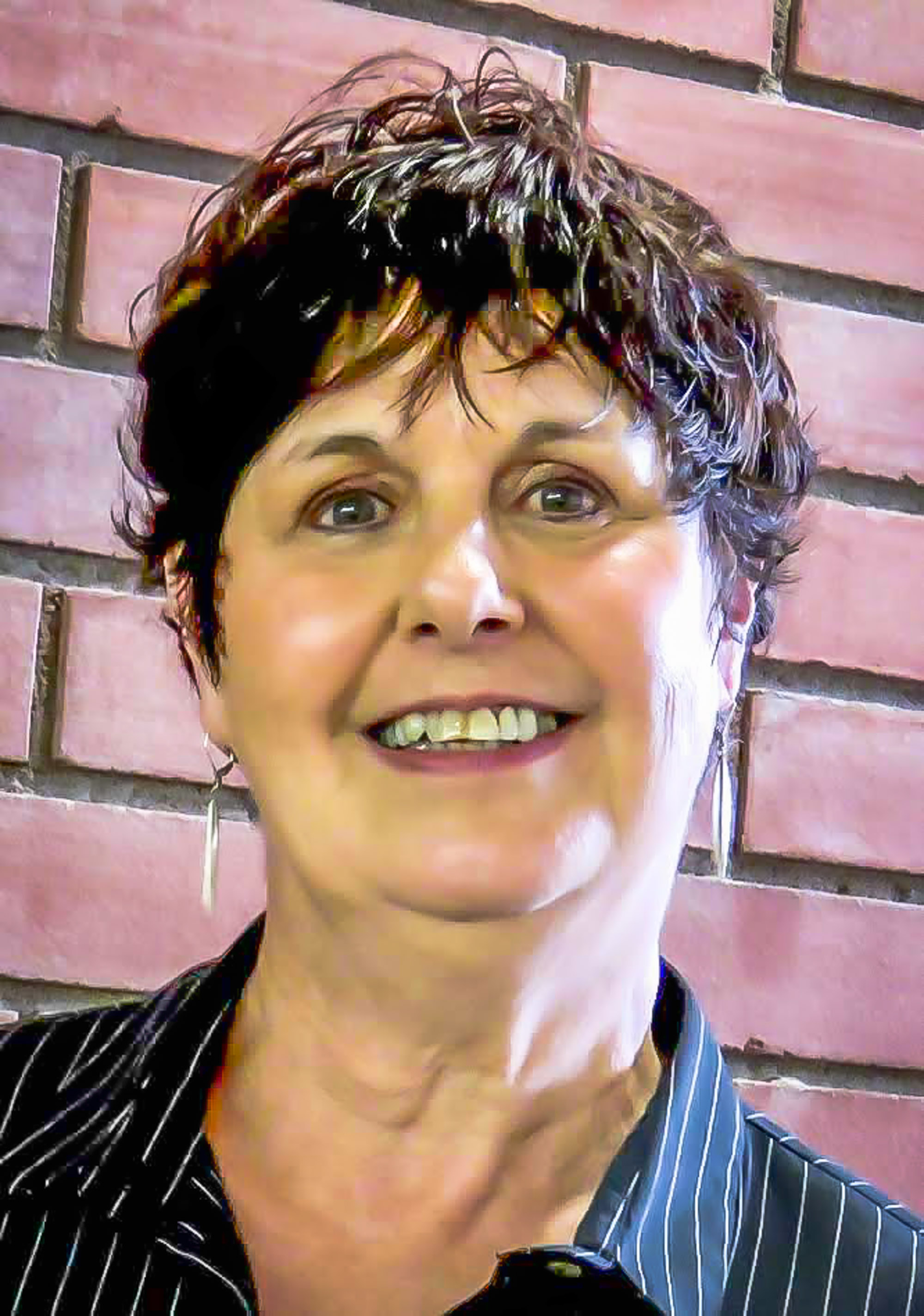
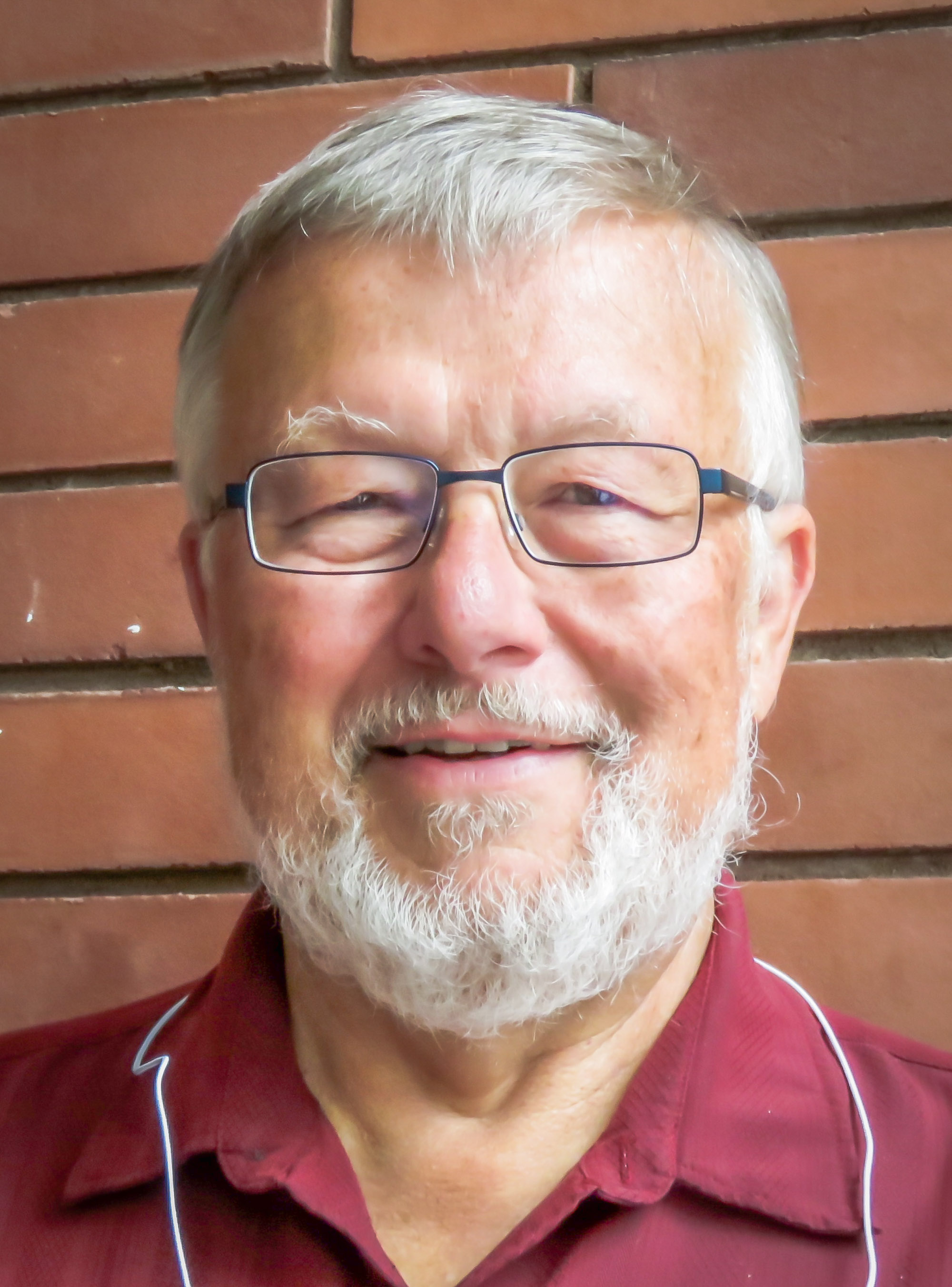
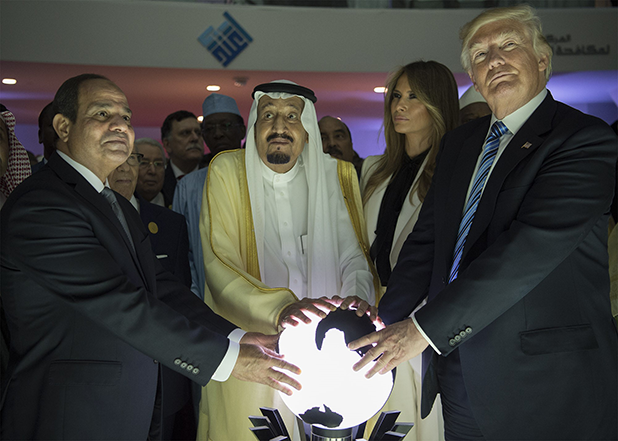 The complex history of the Middle East, borders drawn by others, religious and cultural differences, dysfunctional politics, environmental stresses, wars, invasions, non-state militants, dashed hopes following the "Arab Spring", in addition to other factors, all contribute to the confusion, instability and a tension in this volatile area. As the presidency of Donald Trump ends his third year, the Middle East remains a region in turmoil. The Trump administration has aligned itself with strongmen in Saudi Arabia, the United Arab Emirates and Egypt, which along with Israel, have a common goal of frustrating Iranian expansion. What will be the fallout from policy reversals such as withdrawing from the Iranian nuclear accord, moving the U.S. embassy in Israel to Jerusalem and declaring the Israeli settlements no longer illegal? Does the United States see a path forward in troubled states such as Syria, Yemen, Libya and Iraq? Is the United States headed toward war with Iran?
The complex history of the Middle East, borders drawn by others, religious and cultural differences, dysfunctional politics, environmental stresses, wars, invasions, non-state militants, dashed hopes following the "Arab Spring", in addition to other factors, all contribute to the confusion, instability and a tension in this volatile area. As the presidency of Donald Trump ends his third year, the Middle East remains a region in turmoil. The Trump administration has aligned itself with strongmen in Saudi Arabia, the United Arab Emirates and Egypt, which along with Israel, have a common goal of frustrating Iranian expansion. What will be the fallout from policy reversals such as withdrawing from the Iranian nuclear accord, moving the U.S. embassy in Israel to Jerusalem and declaring the Israeli settlements no longer illegal? Does the United States see a path forward in troubled states such as Syria, Yemen, Libya and Iraq? Is the United States headed toward war with Iran?